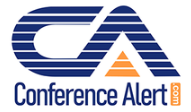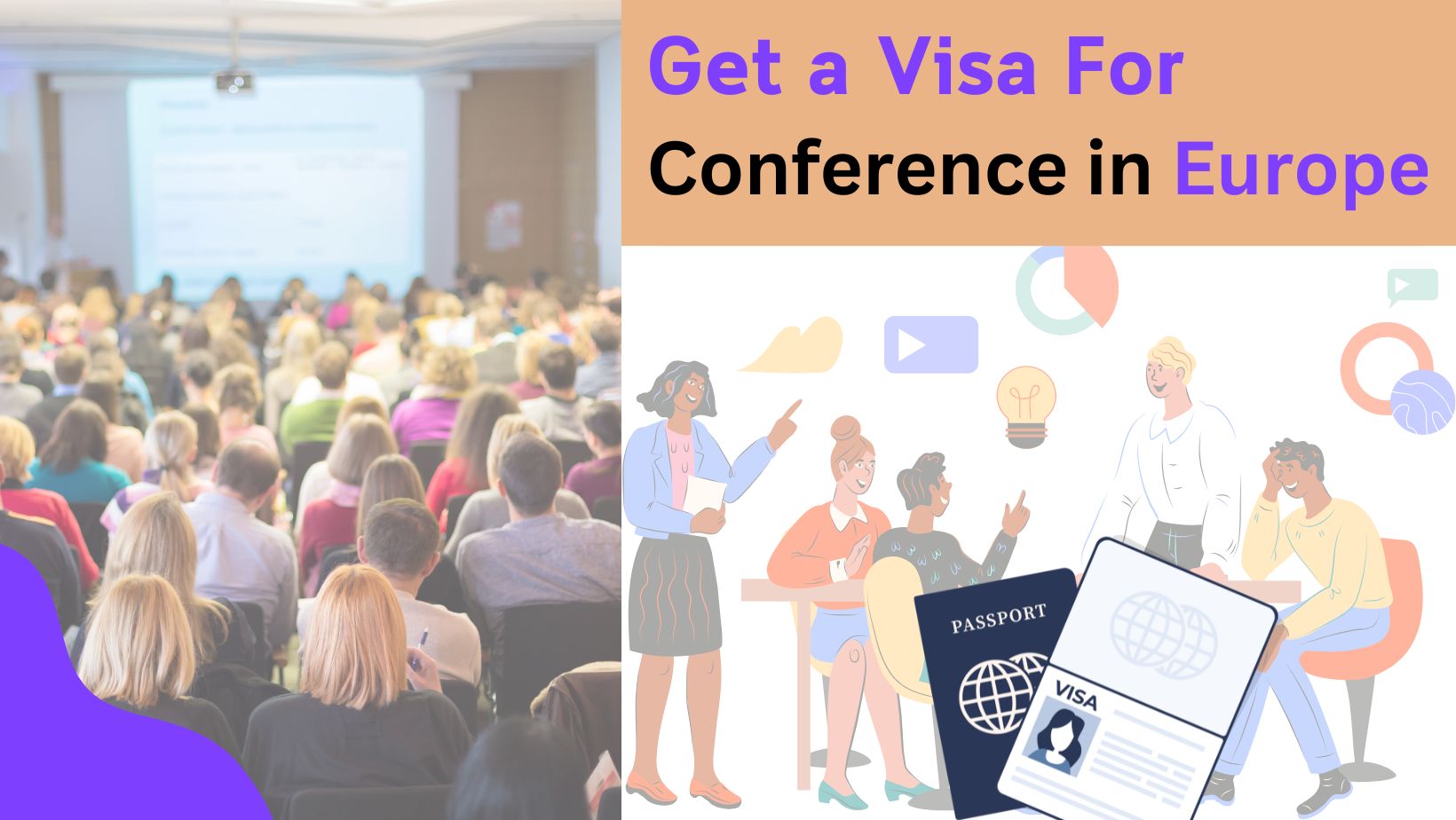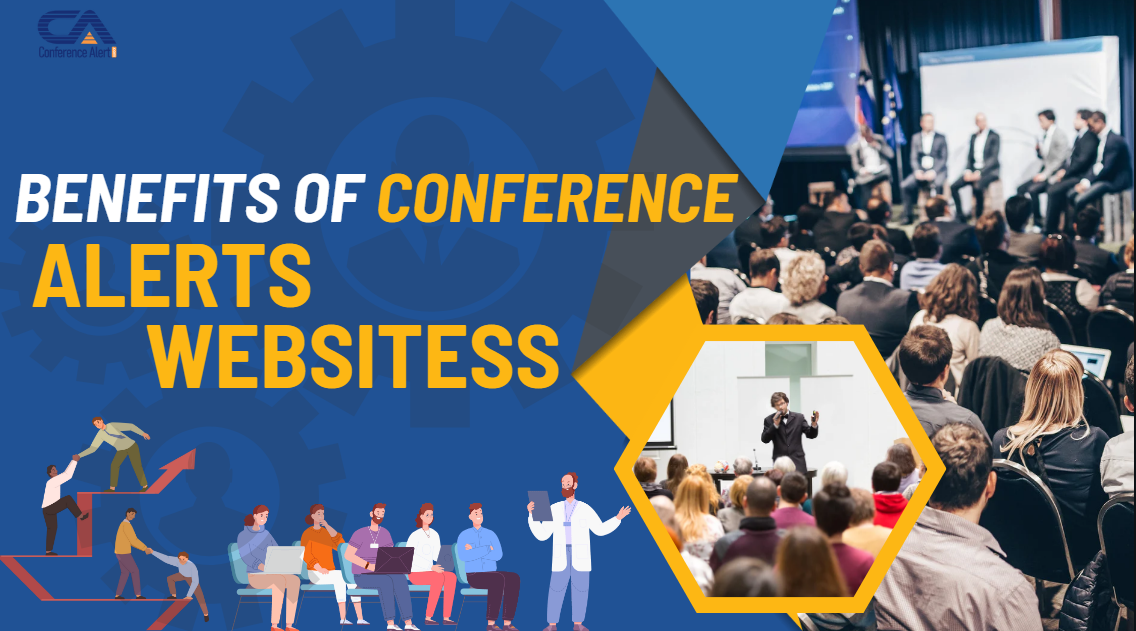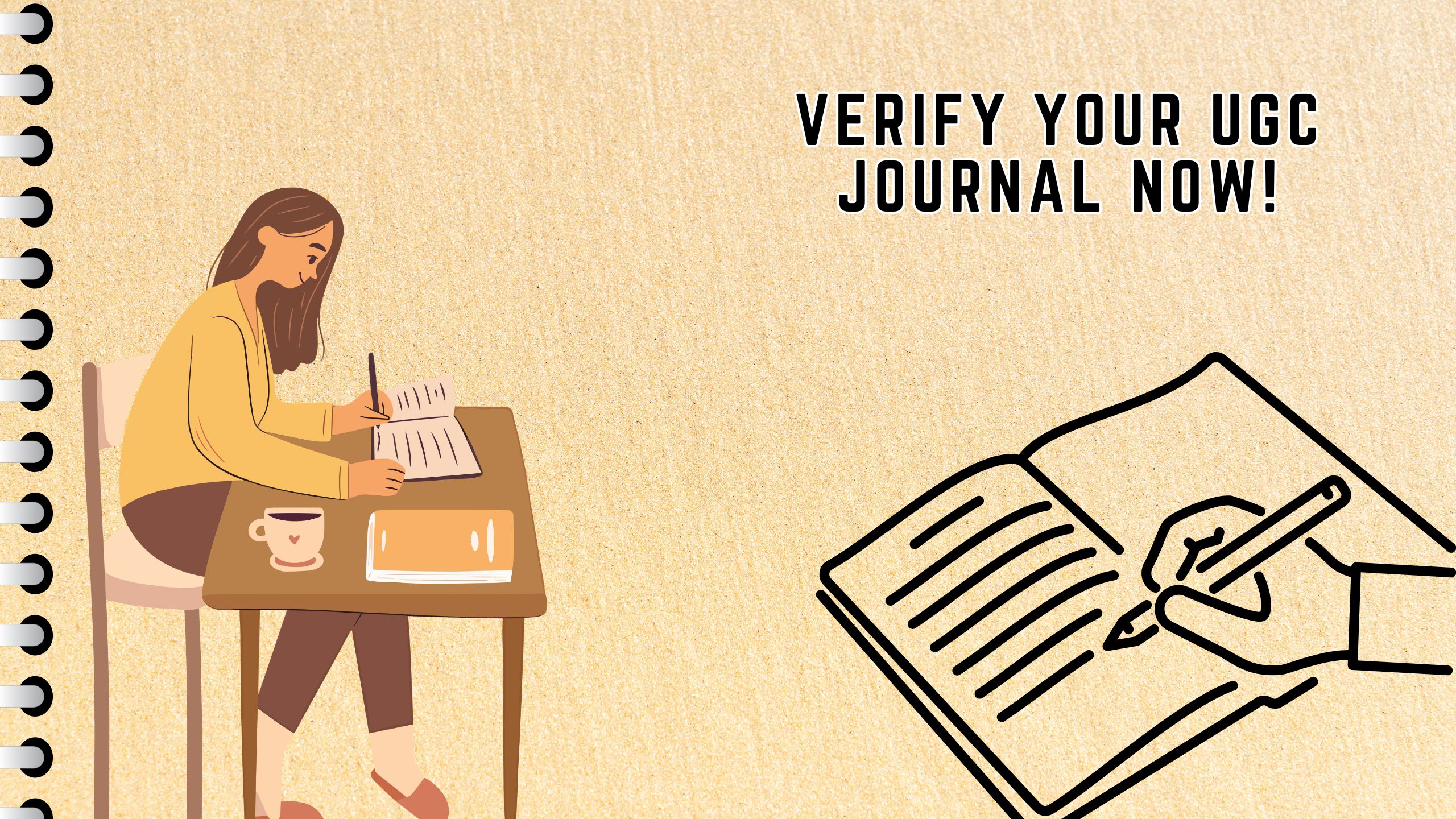Attending conferences in Europe can be a valuable opportunity for professionals and academics alike. From networking with industry leaders to gaining insights into the latest trends, these events can significantly enhance your career. Immerse yourself in the rich learning experiences and networking opportunities that these events offer, Essential to navigate the visa application process.
How to obtain a visa for attending a conference in Europe is crucial for ensuring a smooth travel experience. Through the necessary steps, requirements, and tips for securing your visa, helping you focus on what truly matters.
Why Attend Conferences in Europe?
What is a Conference in Europe?
Conference in Europe is a gathering of professionals, researchers, and experts from various fields who come together to share knowledge, discuss new ideas, and explore advancements in their respective industries. Events typically feature keynote speakers, panel discussions, workshops, and networking opportunities. Europe is home to some of the world’s most prestigious conferences, covering a wide range of topics such as technology, medicine, business, finance, and more.
Attending Conferences in Europe
When planning to attend a conference in Europe, there are several factors to consider:
1. Choosing the Right Conference: Research conferences relevant to your field of interest. Consider the agenda, speakers, and networking opportunities to ensure the event aligns with your professional goals.
2. Budgeting: Factor in the cost of the conference registration, travel, accommodation, meals, and other expenses. Early bird registrations can often save you money.
3. Travel Arrangements: Book your flights and accommodation well in advance. Consider staying near the conference venue to save time and travel costs.
4. Visa Requirements: Visa requirements for the country where the conference is held. This is crucial for ensuring a smooth travel experience.
Must-Attend Conferences in Europe and Events!
Europe hosts a multitude of conferences across various fields each year. Some must-attend conferences that cater to different interests:
1. Web Summit (Lisbon, Portugal): Tech conference is one of the largest in the world, featuring top speakers from the tech industry, including CEOs and entrepreneurs.
2. European Congress on Obesity (ECO): Event brings together professionals focused on obesity research and treatment, offering insights into the latest developments in the field.
3. International Conference on Machine Learning (ICML): A leading conference for researchers and practitioners in machine learning, ICML features presentations on cutting-edge research and methodologies.
4. European Business Summit (Brussels, Belgium): Conference focuses on economic policies and business strategies, gathering business leaders and policymakers for discussions.
5. CERN Scientific Conferences (Geneva, Switzerland): Hosted by the European Organization for Nuclear Research, these conferences cover groundbreaking research in particle physics and related fields.
Top Conferences in Europe
Addition to the must-attend conferences, events that are highly regarded within their industries:
1. European Conference on Computer Vision (ECCV): Focused on computer vision and image processing, this conference is a leading venue for researchers and professionals in the field.
2. European Society of Cardiology Congress (ESC): Event brings together cardiologists and healthcare professionals to discuss advancements in cardiovascular medicine.
3. European Marketing Conference: A premier event for marketers, conference covers the latest trends and strategies in the marketing industry.
4. International Conference on Renewable Energy (ICRE): Conference addresses the challenges and innovations in renewable energy technologies and sustainability practices.
5. International Conference on Cybersecurity: Event focuses on cybersecurity issues, bringing together experts to discuss current threats and solutions.
How to Apply for a Visa for the Europe Conference?
Applying For a Visa to Attend a Conference in Europe involves several steps.
1. Determine the Type of Visa Required
The type of visa you need depends on the country where the conference is held and your nationality. Most attendees will require a Schengen Visa for short stays (up to 90 days) for business-related purposes, including attending conferences.
2. Gather Necessary Documents
Prepare the required documents for your visa application. Commonly required documents include:
- A valid passport with at least six months’ validity beyond your planned departure date.
- A completed visa application form (available online or at the consulate/embassy).
- A recent passport-sized photo.
- Conference registration confirmation or invitation letter from the conference organizer.
- Proof of accommodation in the host country (hotel reservation or invitation from a host).
- Travel itinerary, including flight bookings.
- Proof of financial means to cover your stay (bank statements, sponsorship letters, etc.).
- Travel insurance covering medical emergencies.
3. Submit Your Application
Submit your visa application to the relevant consulate or embassy of the country where the conference will take place. Some countries allow online applications, while others require in-person submissions.
4. Pay the Visa Fee
Most visa applications require a fee, which varies depending on the country. Ensure you pay the correct fee when submitting your application.
5. Attend an Interview (If Required)
Visa applications may require an interview at the consulate or embassy. Be prepared to answer questions about your purpose for travel, your professional background, and your plans while in Europe.
6. Wait for Processing
Visa processing times vary by country, so it’s essential to apply well in advance of your planned travel dates. Check the consulate’s website for estimated processing times.
7. Receive Your Visa
Approved, you’ll receive your visa, allowing you to travel to the conference. Verify that all details on the visa are correct and ensure it covers your intended travel dates.
Can a Europe Conference Visa Be Rejected?
Europe conference visa can be rejected for various reasons. Common grounds for rejection include:
- Incomplete application or missing documents.
- Failure to demonstrate the purpose of travel (e.g., not providing a conference invitation).
- Insufficient financial means to support your stay.
- Previous immigration violations or issues with the applicant’s travel history.
- Concerns about the applicant’s intention to return to their home country.
Which Visa is Required for the Europe Conference?
Most common visa for attending a conference in Europe is the Schengen Visa, specifically the Short-Stay Schengen Visa (Type C). Visa allows travelers to visit multiple countries within the Schengen Area for business or tourism purposes for up to 90 days within a 180-day period.
How to Get a Visa for Attending a Conference in Europe
To successfully obtain a visa for attending a conference in Europe, follow these tips:
1. Plan Ahead: Start your visa application process as early as possible to account for processing times and any potential issues that may arise.
2. Stay Organized: Keep all your documents organized and ensure you have everything ready before submitting your application. Double-check for any missing documents.
3. Provide Accurate Information: Ensure that all information on your visa application is accurate and consistent with your supporting documents. Discrepancies can lead to delays or rejections.
4. Check Requirements: Visa requirements may vary depending on your nationality and the country you’re visiting. Always check the specific requirements for the country of your conference.
5. Follow Up: If you don’t receive feedback within the expected processing time, consider following up with the consulate or embassy to inquire about the status of your application.
How to Subscribe for Visa Conference in Europe
Subscribe for visa information regarding conferences in Europe involves a few steps:
1. Research: Identify the specific conference you plan to attend and check its official website for any visa-related information or guidance for international attendees.
2. Join Mailing Lists: Subscribe to the conference’s mailing list if available. Updated on important announcements, including visa support and deadlines.
3. Follow Social Media: Many conferences share information on their social media platforms. Following these channels can provide timely updates and announcements.
4. Connect with Organizers: Specific questions about the visa process or need assistance, consider reaching out to the conference organizers directly for guidance.
5. Check with Your Embassy: Additional support, your home country’s embassy or consulate in the conference’s host country can provide information on visa applications and requirements.
Attending a conference in Europe can be a transformative experience, offering countless opportunities for networking, learning, and personal growth. However, obtaining a visa is a crucial step in making your trip a reality. Visa application process and preparing your documents thoroughly, you can navigate the requirements smoothly.




